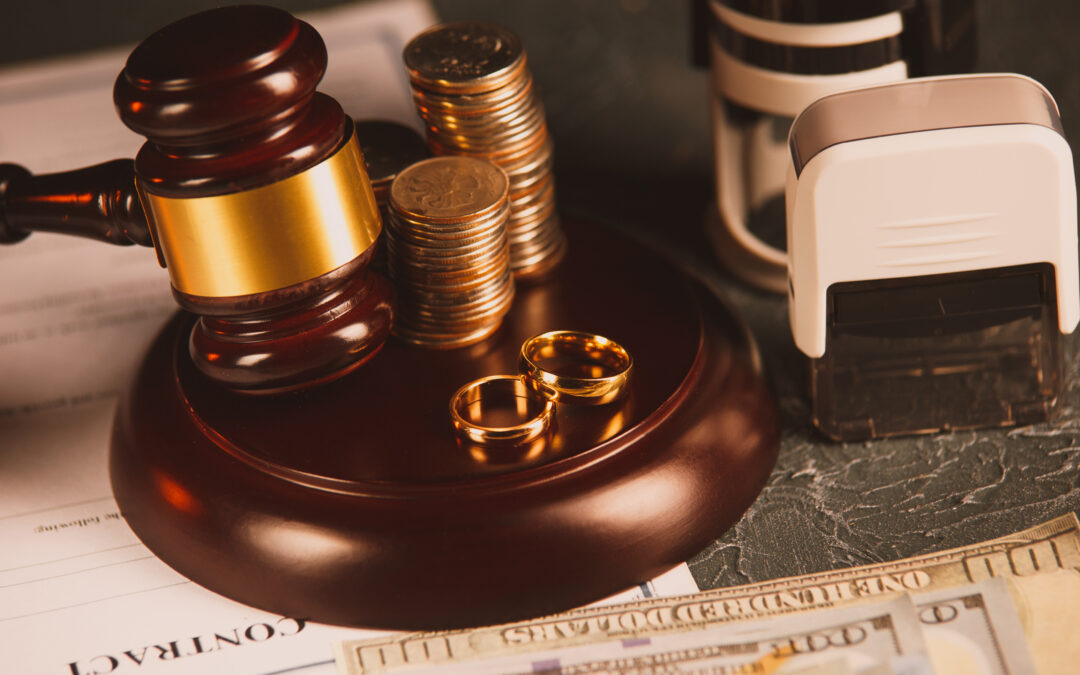When spouses divorce in New York, their marital property is subject to “equitable distribution.” Equitable is not the same as an equal. It is a concept rooted in fairness. What constitutes a fair division of assets varies depending on the type of property and other circumstances. Notably, equitable distribution only applies to “marital property.” Separate property is retained by the owner spouse.
New York Domestic Relations Law § 236 B sets forth 14 factors to be considered in equitable distribution including:
- the income and property of each party at the time of marriage, and at the time of the commencement of the action;
- the duration of the marriage and the age and health of both parties;
- the need of a custodial parent to occupy or own the marital residence and to use or own its household effects;
- the loss of inheritance and pension rights upon dissolution of the marriage as of the date of dissolution;
- the loss of health insurance benefits upon dissolution of the marriage;
- any award of maintenance under subdivision six of this part;
- any equitable claim to, interest in, or direct or indirect contribution made to the acquisition of such marital property by the party not having title; […]
- the liquid or non-liquid character of all marital property;
- the probable future financial circumstances of each party;
- the impossibility or difficulty of evaluating any component asset or any interest in a business, corporation or profession, and the economic desirability of retaining such asset or interest intact and free from any claim or interference by the other party;
- the tax consequences to each party;
- the wasteful dissipation of assets by either spouse;
- any transfer or encumbrance made in contemplation of a matrimonial action without fair consideration;
- any other factor which the court shall expressly find to be just and proper.
Caselaw provides additional guidance as to how different types of property are typically divided. For example, passive assets are generally divided equally. Common examples of passive assets include stocks and bonds, retirement accounts, as well as real estate. They are “passive assets” because they increase or decrease in value due to external market conditions rather than the actions of the parties.
Active assets are more complicated. They change in value because a party is actively working the asset on a regular basis, such as with a business or professional practice. The spouse who has title to an active asset typically gets 10% of the value automatically because of his or her name recognition and/or reputation in the community the business or professional practice is serving. Thereafter, the court will look at factors such as whether the business was started before or during the marriage and the degree of contributions made by the non-titled spouse to the business. These contributions may be directly to the asset (ex. working in the family business) or indirectly (i.e., working in the home or making contributions through other work). Typically, the non-titled spouse is awarded less than half the business.
A spouse’s professional license is no longer considered marital property. However, in arriving at an equitable division of marital property, the court does consider the contributions to the development during the marriage of the enhanced earning capacity of the other spouse due to the professional license.
It is important to have legal and financial experts involved in the divorce negotiations to help ensure property has been valued corrected and is distributed fairly. If you are considering divorce, contact us to discuss how we can help protect your interests.

